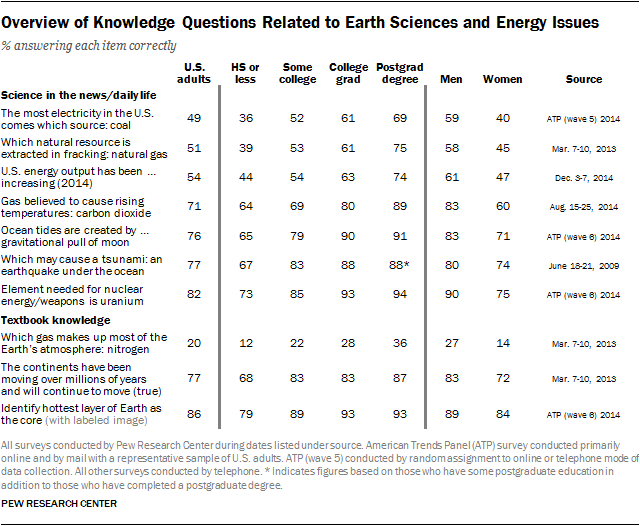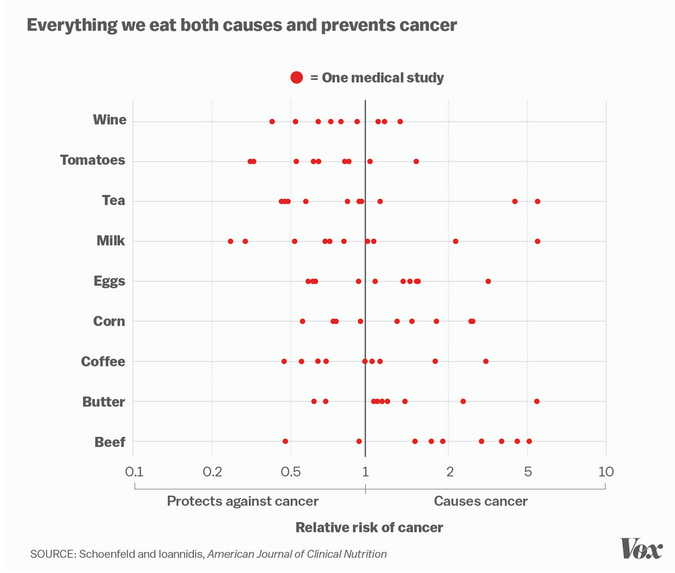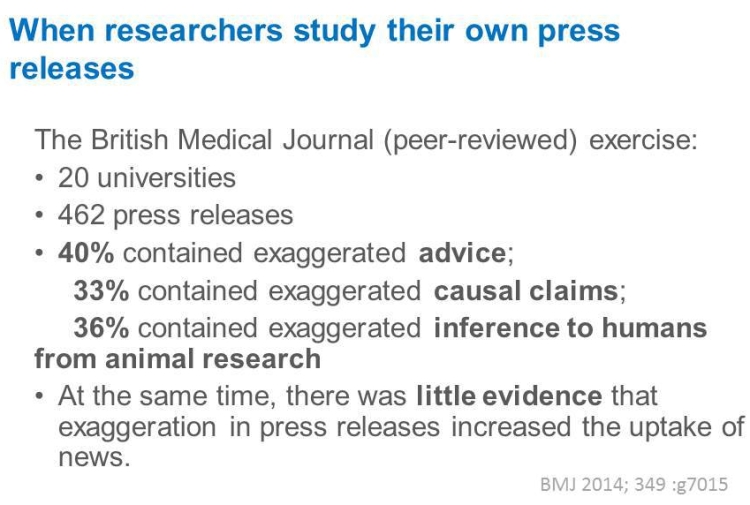Why should we care?
Before we could answer the question who to trust when it comes to science and literacy, it is important to account for what, how and who measures it. The majority of associations measure science literacy – the ability to regurgitate scientific facts with little or no influence on our daily lives. This, in essence, is the ability to remember random bits of information. Few organisations measure the scientific literacy – the key difference being that it measures the ability of an individual to solve a problem using a scientific principle, provided he/she has all the necessary information. Needless to say, the ability to apply scientific reasoning and principles in a decision-making process is ideally how decisions should be made, especially when it come to actions influencing other people – communities, populations, nations. Sadly, more often than not, the majority of us still take rational decisions based on their intrinsic emotional convictions and believes.
Not a scientists, but know science?
To an extent surprisingly, big part of the population does learn (correctly) scientific information, when shared on the public/social media.
 According to the PEW Research Centre, more Americans answer correctly survey questions about space exploration and technology when a related item has been recently on the news. A deeper dive in why this is, brings out interesting details of the picture. The few organisations who are very active in science and discovery dissemination are NASA, SpaceX, Tesla, Google etc., are investing a lot of effort into science communication – they are on every social platform, they share very concrete information pieces, in various of engaging ways and with a very high frequency.
According to the PEW Research Centre, more Americans answer correctly survey questions about space exploration and technology when a related item has been recently on the news. A deeper dive in why this is, brings out interesting details of the picture. The few organisations who are very active in science and discovery dissemination are NASA, SpaceX, Tesla, Google etc., are investing a lot of effort into science communication – they are on every social platform, they share very concrete information pieces, in various of engaging ways and with a very high frequency.
On the other hand, the rest of science news are usually related to health (cancer, Alzheimer’s, diets and food). Why information related to these topics is rarely remembered? Because it is sourced from a plethora of academic/research/private institutions which the population simply does not, cannot and don’t need to remember. There’s rarely a recurring popular name related to each/most items (unlike for example Elon Musk, Neil DeGrasse Tyson or Bill Nye), and people find it so much more easy to follow and pay attention to a celebrity (irrelevant of their field). And lastly, these ‘other’ science news pieces are so frequently contradictory to each other, that people simply stop paying that much attention. The cases when the public remembers health news/advise presented in the media, unfortunately, is when done by a health fad – when it is aggressively advertised, it is sensationalized, and is often overly exaggerated. Unfortunately, more and more of these ‘news’ are outright frauds, marketing tricks or so badly twisted facts that they become false.
Blame it on the reporters?
Media is reporting on science for the same reason it is reporting on any other topic – to satisfy the hunger for information in the media consumers. But when the scientific lingo is heavy on specific jargon, and when the press-releases provided by the institutes themselves are often misleading and out of the context of the research, there is little a journalist can do with the available information to make a valuable information item for the popular media.

Widely spreading misconceptions reverbed by popular media, took down aspartame and bisphenol-A while there were no better and safer substitutes for them. The same, and to an even greater extent, is on the way to undo the gigantic progress made by population-wide vaccinations, the use of certain hormonal treatment therapies – because fear is easy to sell and does not need scientific evidence to spread.
Or blame it on the system?
Researchers themselves admit more often than not that they have no skill to talk to audience wider than their scientific peers, despite most of them seeing the importance of dissemination.

In the past decades, in the USA colleges, more courses and whole programs have been developed to educate scientists on the best practices of scientific communication. In Europe, this is the case to much lesser extent and mostly in the UK and the Netherlands. If more scientists know how to communicate their results in a way that reaches the public, and the public has been educated into a better scientific literacy, then the few very loud voices of pseudo-scientists will be less noticeable. When the public is better informed on how science works and that, in science, rarely a result is a definitive answer to a question, public health and well-being will be less frequently threatened by someone’s purely economic interest. There are ways one can scrutinize the information received from media (here’s an article on it from Forbes) – by applying scientific principles in a daily life – check sources, demand further information and context, inquire of relevance, discuss with specialists, inform oneself with more than one opinion on a topic (or from more than one source). This does admittedly take time, but it is a worthy price for not being credulous and mislead.
So I guess, what I’m saying is that you should trust yourself, but before you do so – educate your mind in order to trust it. If you don’t believe you can be easily mislead – check out this neat article on the Mandela effect.
